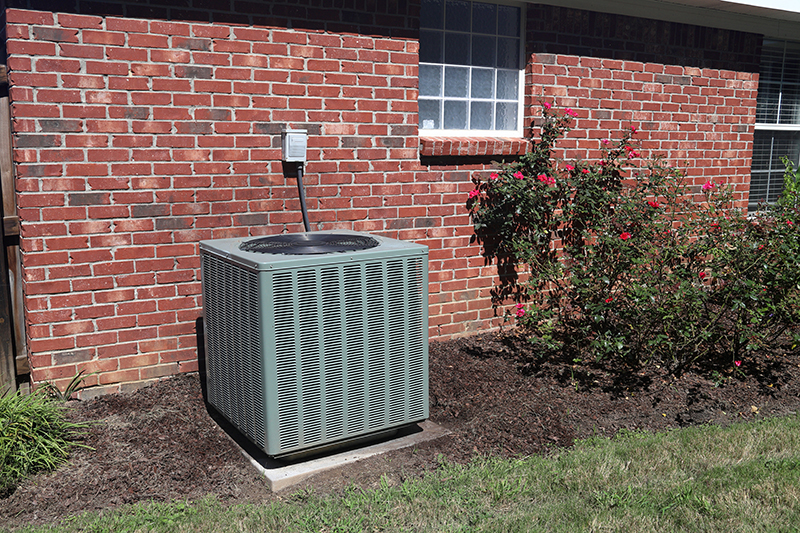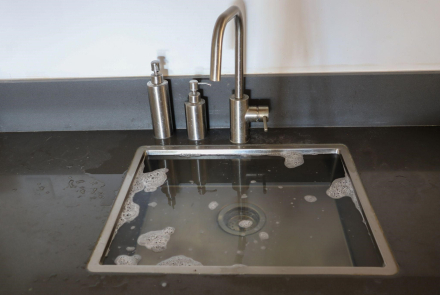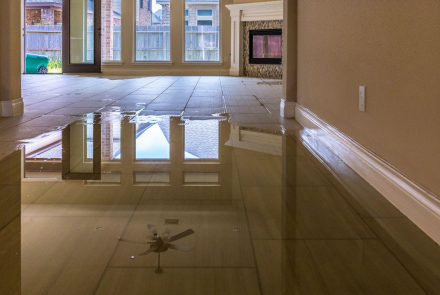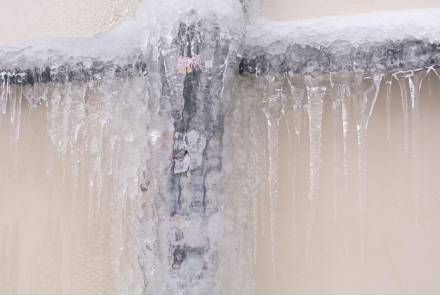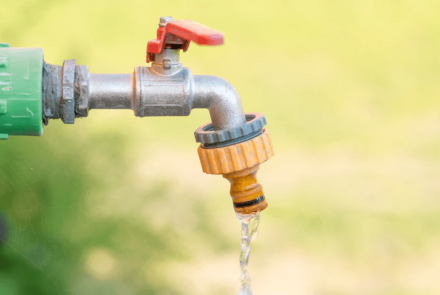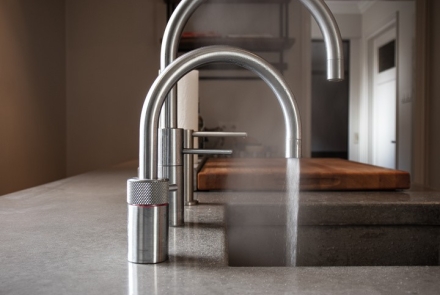Among the most energy-intensive functions of a home or office is temperature control. Under this burden, HVAC systems demand a lot of electricity -- and the money to pay for it. It is worth it because humans function better when they are not afflicted by cold or scorching heat. Like any invention or system that remains in regular use, even the best HVAC systems can wear out or break down. The key is to attack small problems before they get bigger.
Understanding the Signs
Before you tear up your high utility bill, cursing the provider in anger, consider the possibility that the problem begins at home. The bill is only one red flag. Does the structure cool uniformly, or are some rooms cooler than others? Frost build-up on the A/C compressor coils can signify a malfunction, as can out-of-the-ordinary noises emanating from the unit. Since most refrigerant chemicals are scentless, smells should call your attention. Likewise, the appearance of condensation in the house is problematic. These symptoms might be evidence of HVAC leaks somewhere.
DIY Inspection Guide
Discovering HVAC leaks is the next step in reducing energy bills. One method involves spraying a soapy solution onto the connections in the refrigerant lines. The presence of bubbles can reveal a leak in freon. For smaller leaks, you might have to resort to technology. A refrigerant leak detector has sensors that identify leaks when run along the surface of the lines.
The next level of discovery is the pressure resistance test, which employs pumping nitrogen or other benign gas into the HVAC. If the pressure gauges oscillate or otherwise move about among readings, the existence of a leak is assured. Keep a sharp ear out for a hissing noise. The leak is located at the source.
Temporary Fixes
If you find a leak, the best action is to contact an HVAC professional. In the meantime, you can try the following short-term measures.
- Turn the unit off. Continued use can only aggravate the problem.
- Locate the condensate drain pipe and clean it of any obstructions with a wet-vac appliance.
- Replace the filters. Sometimes, leaks spring from the airflow blockage to the evaporator coils.
Professional Repair Guide
The right HVAC service to restore your property energy efficiency possesses such qualifications as:
- Proper licensing and insurance
- Referrals and references
- Use of energy-efficient parts and components (Energy Star designation is desirable)
- Willingness to provide specific estimates
- Submission of a written plan of action
A competent HVAC service professional inspects the property and opts for repair before replacement, prioritizing cost-effectiveness.
Long-Term Prevention
Attention to maintenance is the best way to keep repair/replacement visits few and far between. Consistent servicing helps. Sometimes, equipment better suited to energy efficiency is a wise investment. Not only can it help reduce bills, but it can keep your unit from overworking itself and keep it running longer.
Conclusion
Leaks in your HVAC system cause waste and poor climate control. Although it is possible to diagnose the problem, repairs and adjustments are the specialty of experienced and reputable contractors like Robert Bair. Contact us today!

